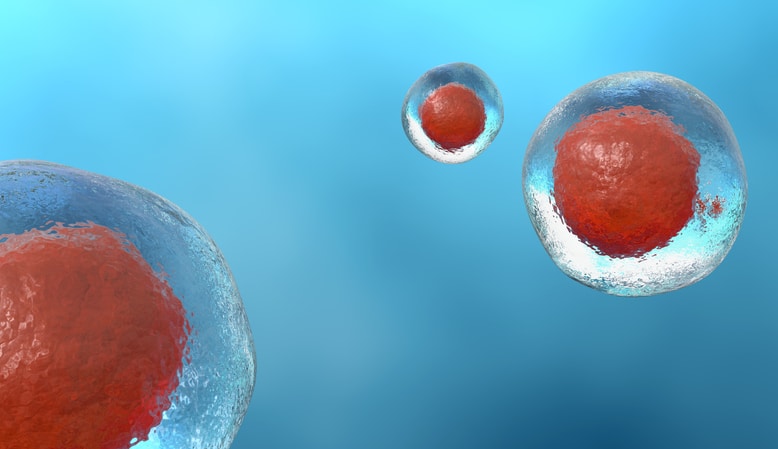Stem cell therapy has revolutionized modern medicine, offering potential treatments for various chronic conditions, injuries, and degenerative diseases. However, not all stem cells are the same. The differences between types of stem cells, their sources, and the ethical implications surrounding their use can greatly influence treatment decisions. In this blog, we’ll explore these distinctions and the ethical landscape surrounding stem cell therapy.

Types of Stem Cells and Their Sources
Stem cells are broadly categorized based on their origin and potential to differentiate into other cell types:
Embryonic Stem Cells (ESCs): Derived from early-stage embryos, these cells have the ability to develop into nearly any cell type in the body. They hold significant potential but come with ethical concerns, as their extraction destroys the embryo.
Adult Stem Cells (ASCs): Found in tissues like bone marrow and fat, these cells are multipotent, meaning they can develop into a limited range of cells. They are ethically uncontroversial but may have limited application compared to ESCs.
Umbilical Cord Stem Cells: Extracted from the umbilical cord after birth, these cells do not involve any harm to the child or mother. They offer a more versatile and ethically sound option, capable of treating a wide range of conditions.
Induced Pluripotent Stem Cells (iPSCs): These cells are created by reprogramming adult cells to become pluripotent, similar to embryonic stem cells. They bypass the need for embryos, making them an ethically favorable option.
Ethical Concerns in Stem Cell Therapy
Stem cell research and therapy raise several ethical questions, primarily centered around embryonic stem cells:
- Embryonic Stem Cells and Moral Considerations: The use of embryonic stem cells remains controversial as it involves the destruction of a potential life. This has led to intense debates regarding the morality of using these cells, particularly from religious and philosophical perspectives.
- Informed Consent: In all stem cell research, obtaining proper consent from donors is critical. The use of umbilical cord stem cells, for instance, requires explicit permission from the parents after childbirth.
- Commercialization of Stem Cells: As stem cell therapies become more prevalent, ethical concerns about the commercialization of these treatments, equitable access, and transparency are also growing.
Why Umbilical Cord Stem Cells Are the Ethical Choice

At stemwell, we only use umbilical cord stem cells, derived from healthy, full-term births with the parents’ full consent. This method ensures that no harm comes to the donor, and the stem cells are used ethically to promote healing and recovery in patients.
Umbilical cord stem cells are powerful because they are younger, more adaptable, and highly effective in treating conditions like joint pain, chronic inflammation, and neurodegenerative diseases. By choosing this ethically sound source, patients can benefit from the latest advancements in regenerative medicine without compromising their values.
Learn More About Ethical Stem Cell Therapy at Stemwell

If you’re interested in stem cell therapy but have concerns about the ethical implications, we encourage you to reach out. Our team at Stemwell will walk you through the science, sources, and benefits of our treatments, ensuring you feel confident about your choice.
Apply today to check your eligibility for stem cell therapy and take the first step toward a healthier, pain-free life.

